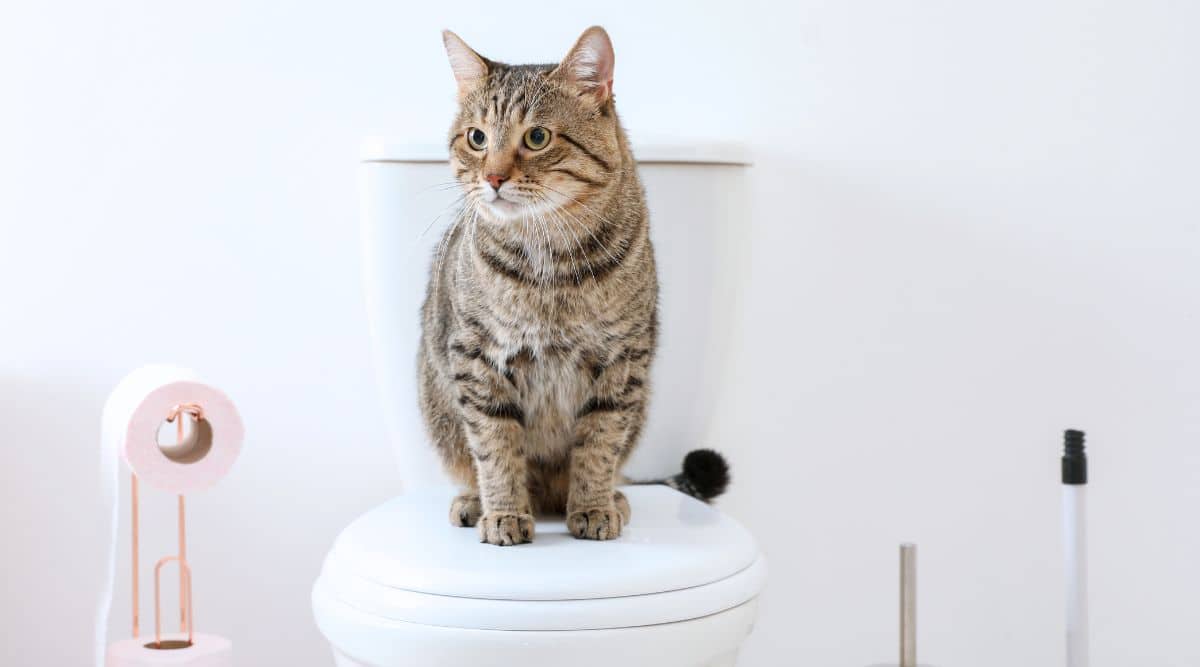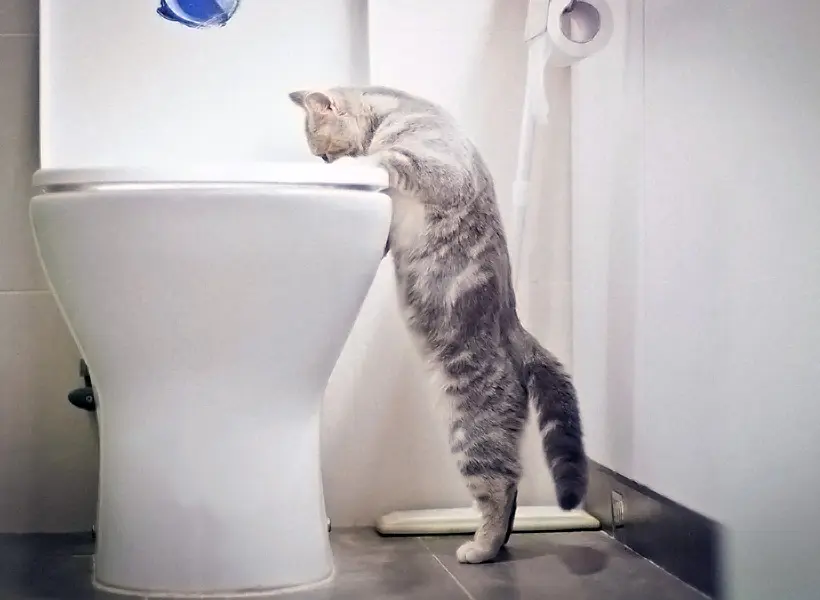Avoid Clogs and Damage: Never Flush Cat Poop Down Your Toilet - Professional Insights
Avoid Clogs and Damage: Never Flush Cat Poop Down Your Toilet - Professional Insights
Blog Article
Every person maintains their own unique perception in relation to How to Dispose of Cat Poop and Litter Without Plastic Bags.

Intro
As feline owners, it's essential to bear in mind exactly how we get rid of our feline close friends' waste. While it may seem convenient to purge feline poop down the bathroom, this method can have damaging effects for both the environment and human wellness.
Environmental Impact
Flushing cat poop presents damaging pathogens and bloodsuckers into the water supply, posturing a significant danger to marine communities. These contaminants can negatively influence marine life and concession water quality.
Wellness Risks
In addition to ecological worries, purging feline waste can likewise pose health risks to humans. Cat feces might consist of Toxoplasma gondii, a bloodsucker that can create toxoplasmosis-- a potentially severe disease, especially for expecting females and individuals with damaged body immune systems.
Alternatives to Flushing
Thankfully, there are safer and a lot more accountable methods to get rid of pet cat poop. Think about the following alternatives:
1. Scoop and Dispose in Trash
One of the most typical approach of disposing of pet cat poop is to scoop it right into a biodegradable bag and throw it in the garbage. Be sure to utilize a specialized clutter scoop and take care of the waste immediately.
2. Use Biodegradable Litter
Opt for naturally degradable pet cat clutter made from products such as corn or wheat. These trashes are eco-friendly and can be safely taken care of in the garbage.
3. Hide in the Yard
If you have a backyard, take into consideration hiding pet cat waste in a marked area far from veggie yards and water sources. Be sure to dig deep sufficient to stop contamination of groundwater.
4. Mount a Pet Waste Disposal System
Invest in a pet waste disposal system particularly created for feline waste. These systems make use of enzymes to break down the waste, minimizing smell and ecological impact.
Conclusion
Accountable animal ownership prolongs beyond giving food and sanctuary-- it additionally includes appropriate waste administration. By avoiding flushing pet cat poop down the commode and selecting alternate disposal approaches, we can decrease our ecological impact and safeguard human health.
Why You Should Never Flush Cat Poop Down the Toilet
A rose by any other name might smell as sweet, but not all poop is created equal. Toilets, and our sewage systems, are designed for human excrement, not animal waste. It might seem like it couldn’t hurt to toss cat feces into the loo, but it’s not a good idea to flush cat poop in the toilet.
First and foremost, assuming your cat uses a litter box, any waste is going to have litter on it. And even the smallest amount of litter can wreak havoc on plumbing.
Over time, small amounts build up, filling up your septic system. Most litter sold today is clumping; it is made from a type of clay that hardens when it gets wet. Ever tried to scrape old clumps from the bottom of a litter box? You know just how cement-hard it can get!
Now imagine just a small clump of that stuck in your pipes. A simple de-clogger like Drano isn’t going to cut it. And that means it’s going to cost you big time to fix it.
Parasitic Contamination
Believe it or not, your healthy kitty may be harboring a nasty parasite. Only cats excrete Toxoplasma in their feces. Yet it rarely causes serious health issues in the cats that are infected. Most people will be fine too if infected. Only pregnant women and people with compromised immune systems are at risk. (If you’ve ever heard how women who are expecting are excused from litter cleaning duty, Toxoplasma is why.)
But other animals may have a problem if infected with the parasite. And human water treatment systems aren’t designed to handle it. As a result, the systems don’t remove the parasite before discharging wastewater into local waterways. Fish, shellfish, and other marine life — otters in particular — are susceptible to toxoplasma. If exposed, most will end up with brain damage and many will die.
Depending on the species of fish, they may end up on someone’s fish hook and, ultimately on someone’s dinner plate. If that someone has a chronic illness, they’re at risk.
Skip the Toilet Training
We know there are folks out there who like to toilet train their cats. And we give them props, it takes a lot of work. But thanks to the toxoplasma, it’s not a good idea.

We were shown that article about Can You Flush Cat Poop Down The Toilet? from an associate on our other web blog. Please take a moment to promote this content if you enjoyed it. I recognize the value of reading our article about How to Dispose of Cat Poop and Litter Without Plastic Bags.
Check Us Out Report this page